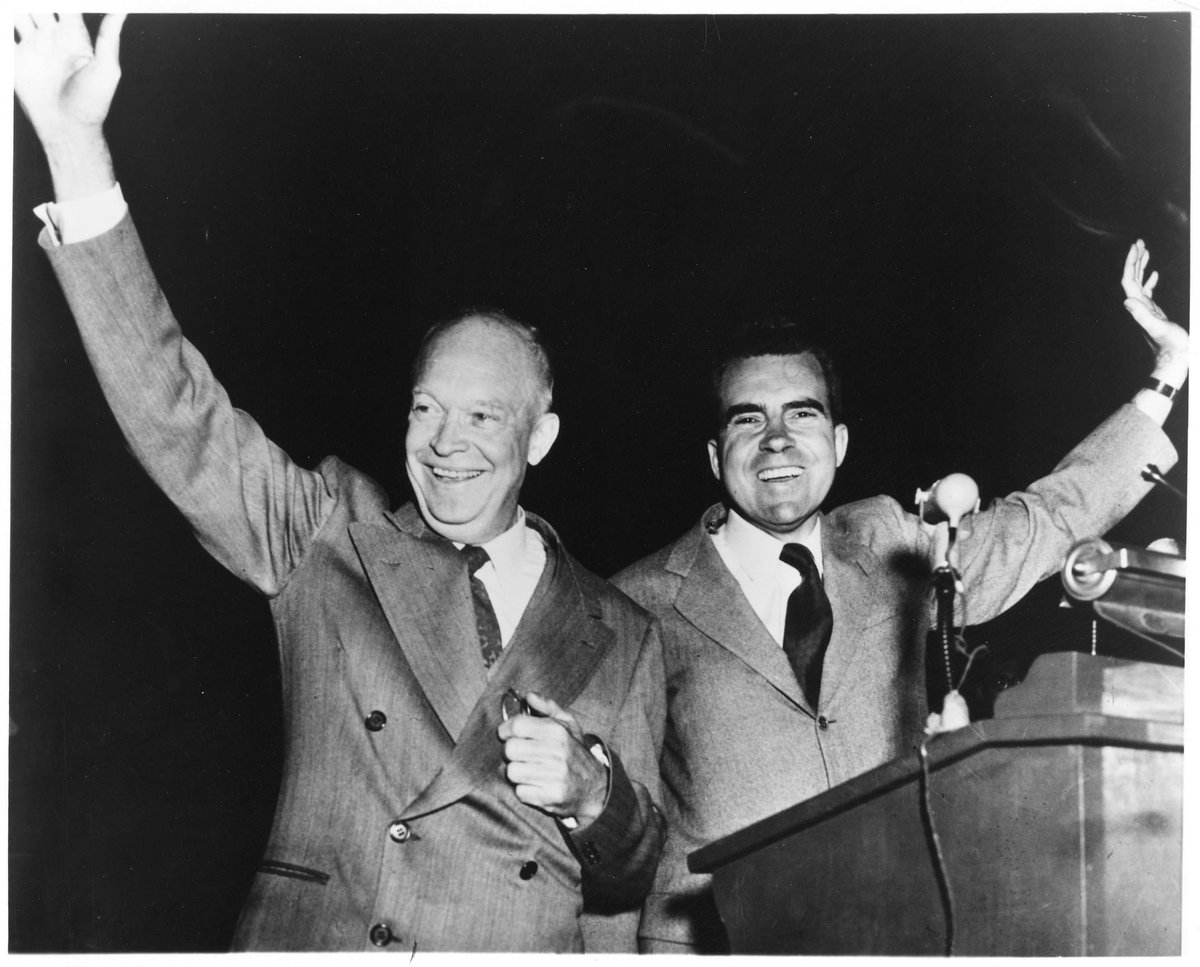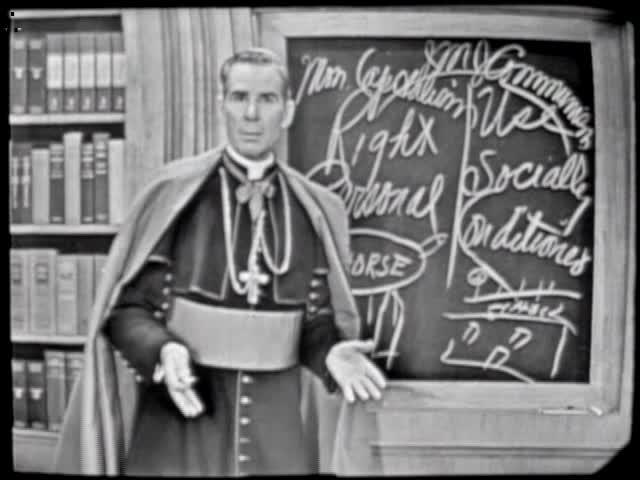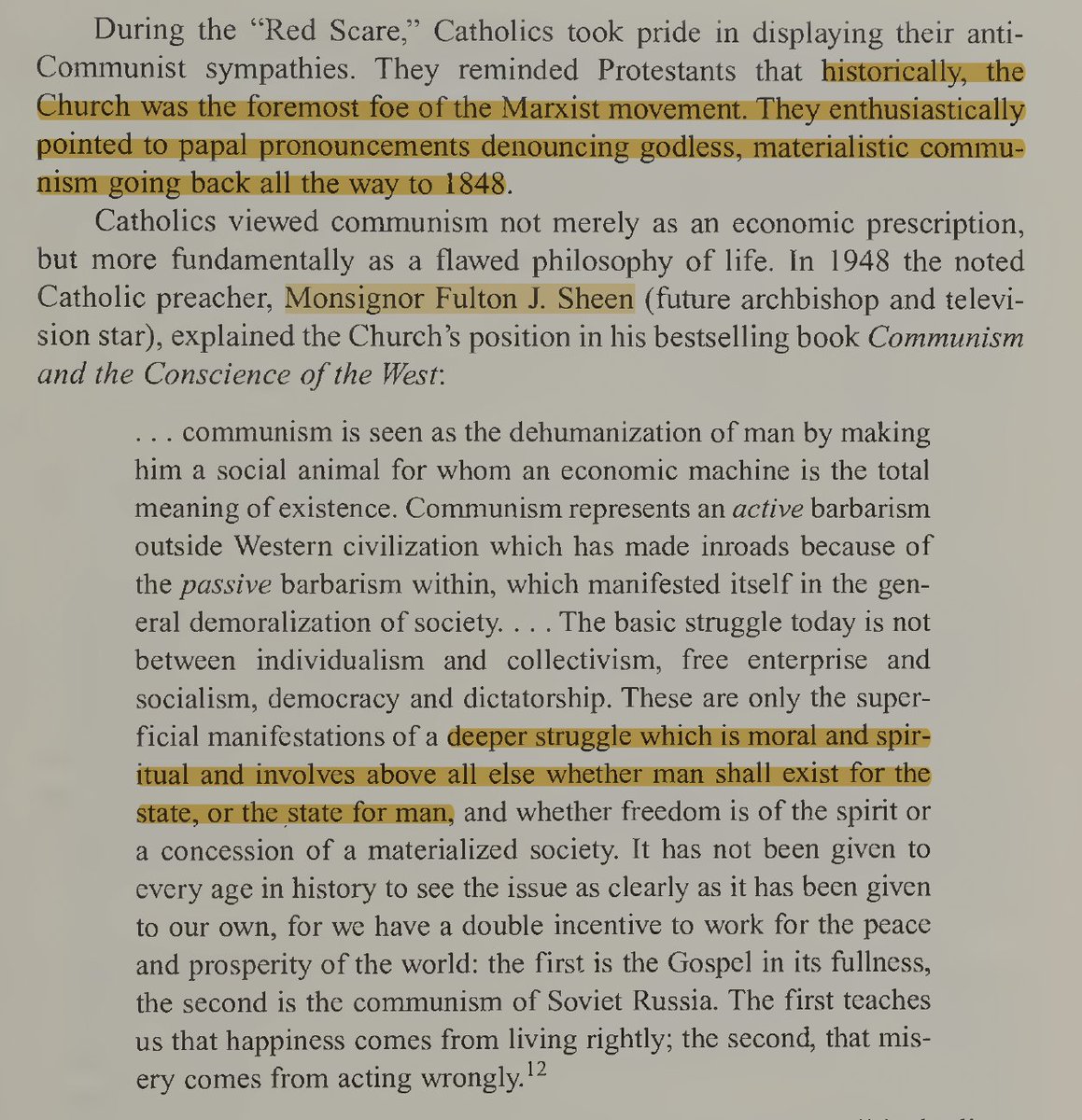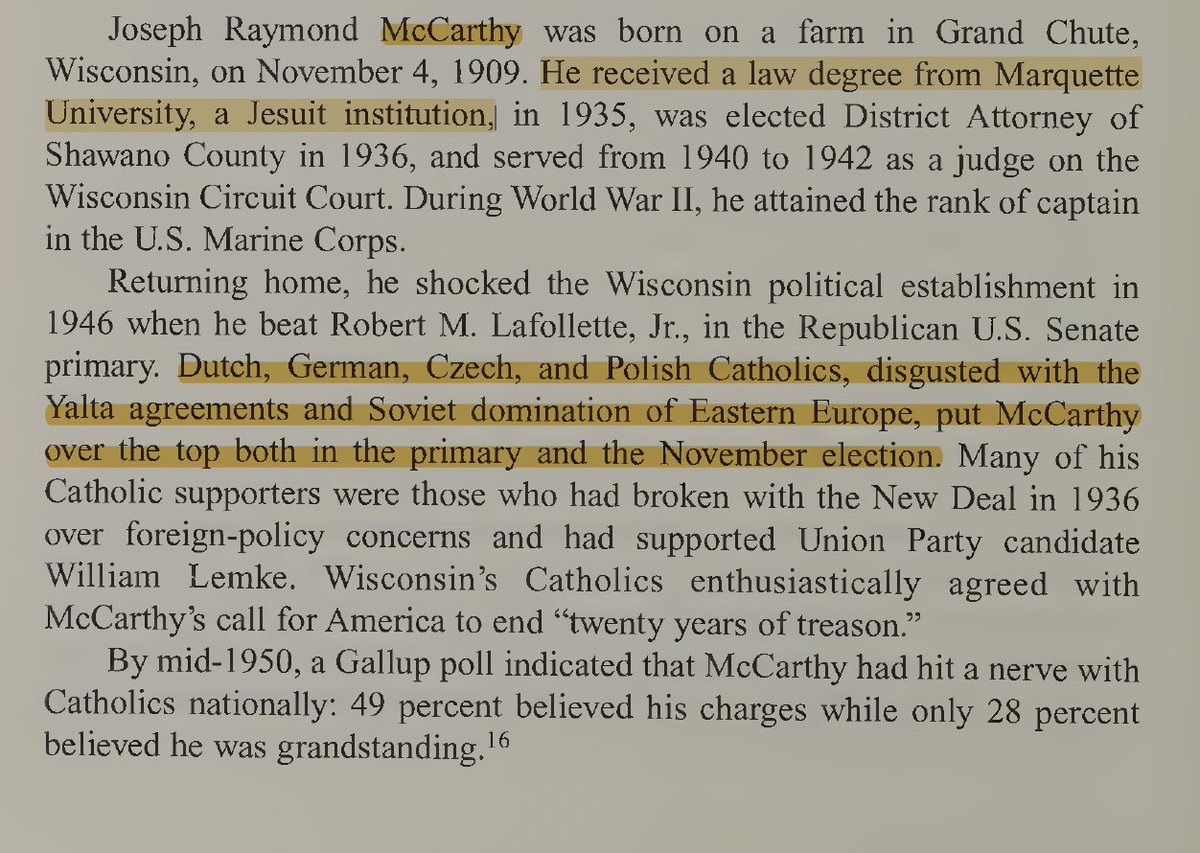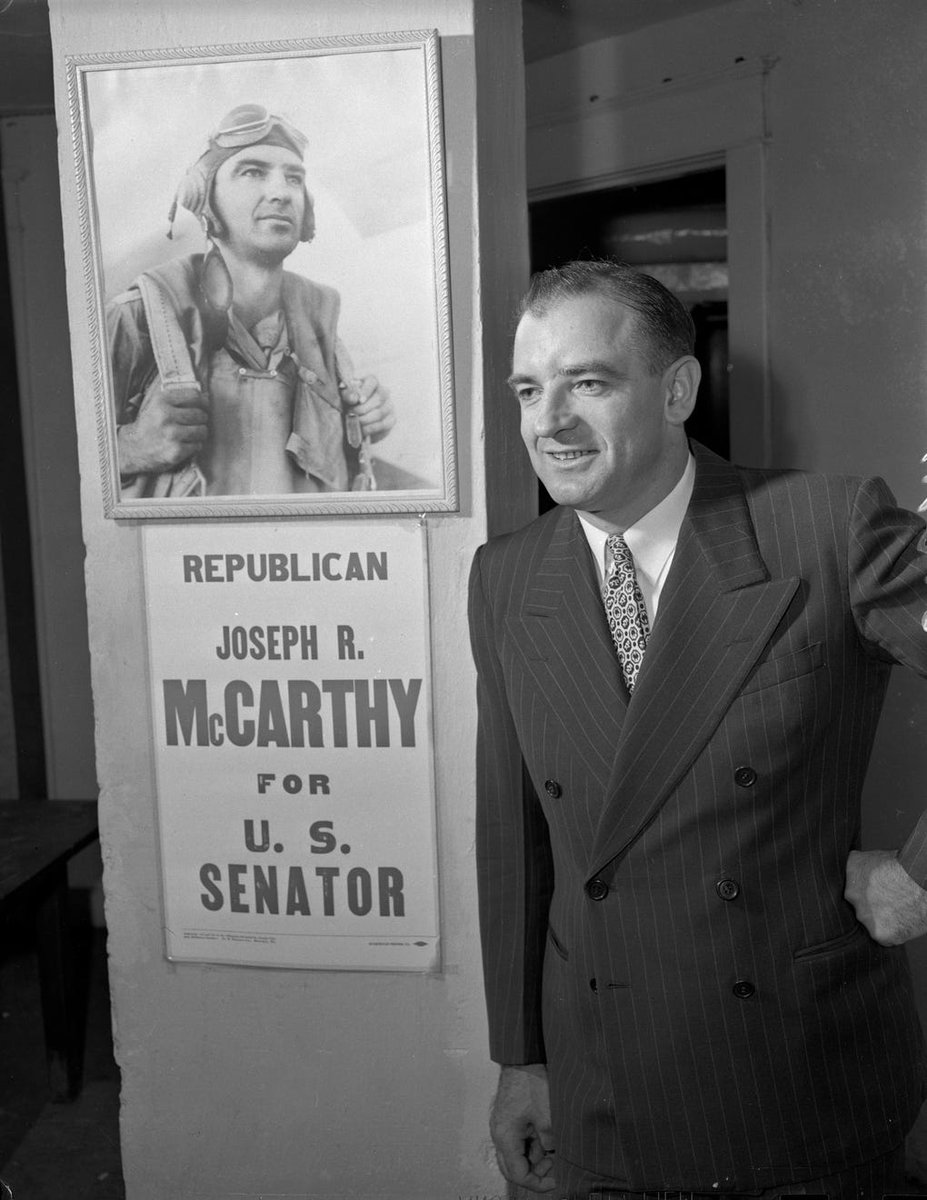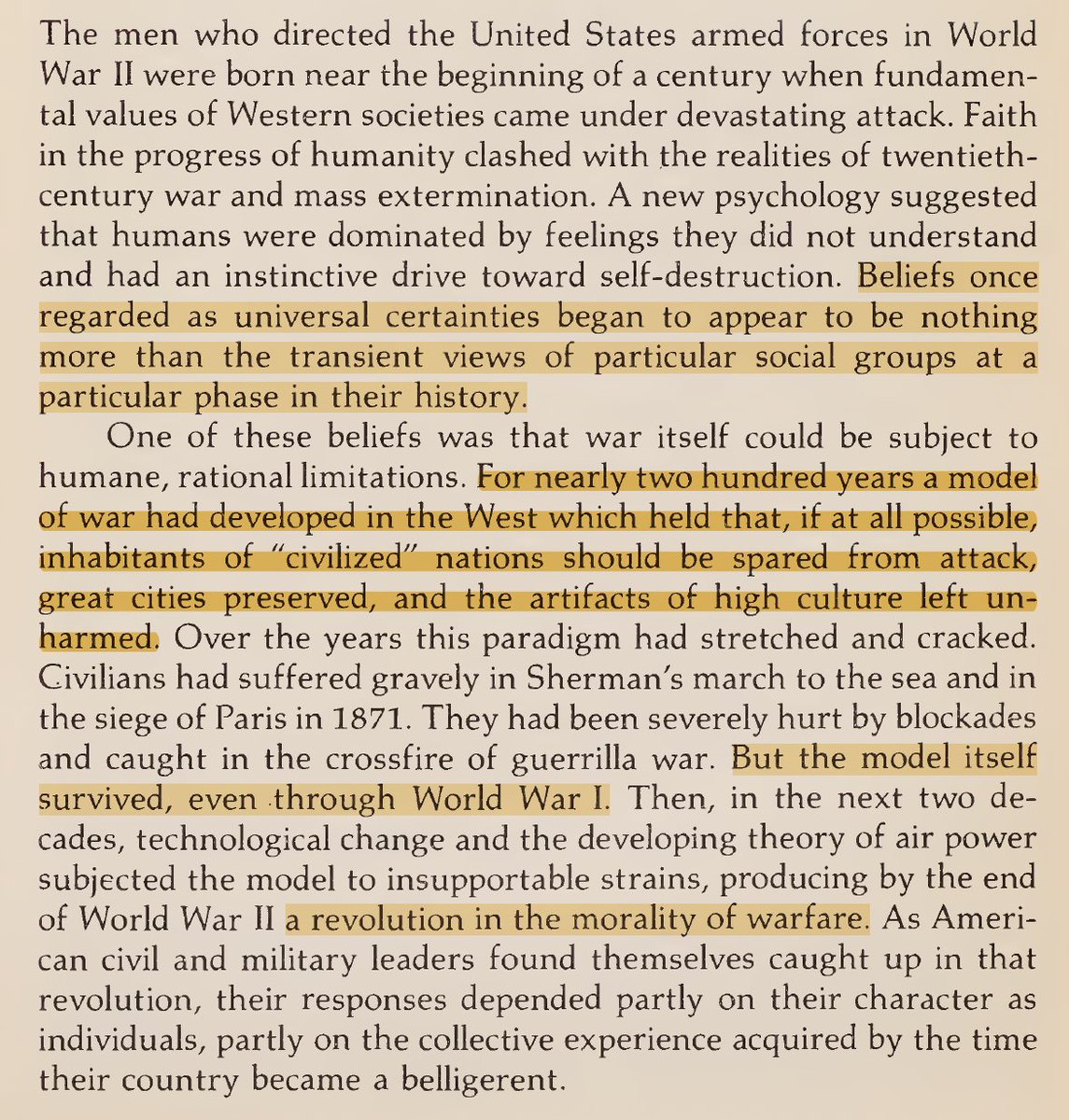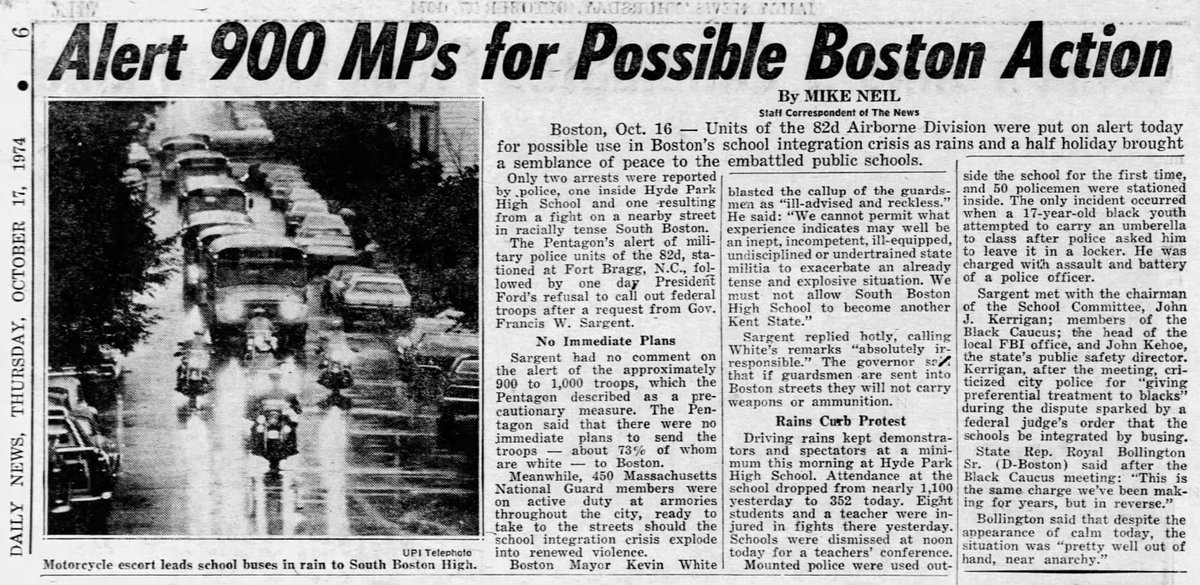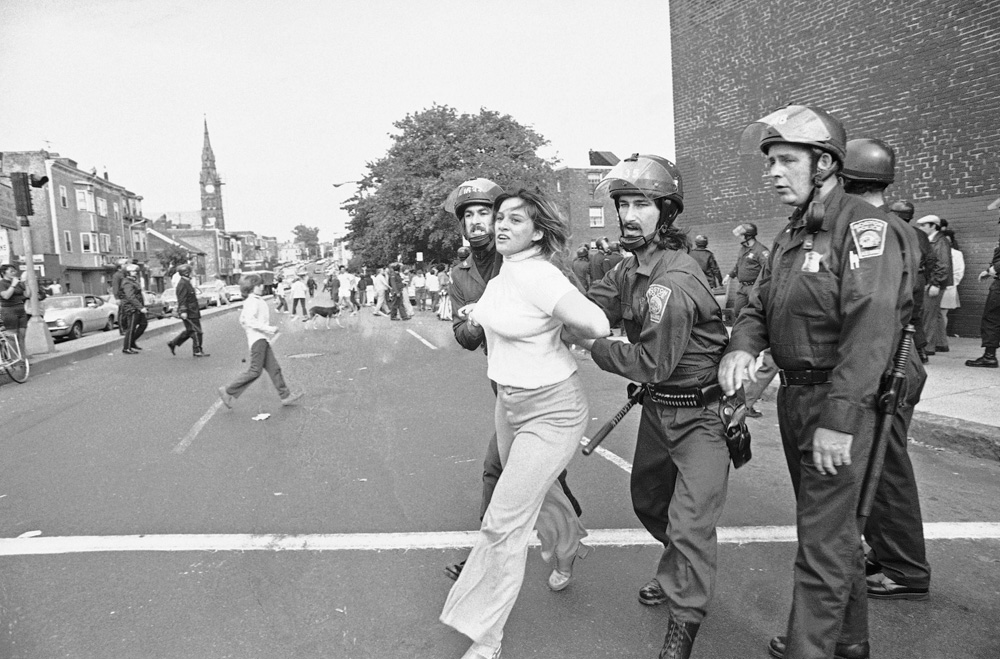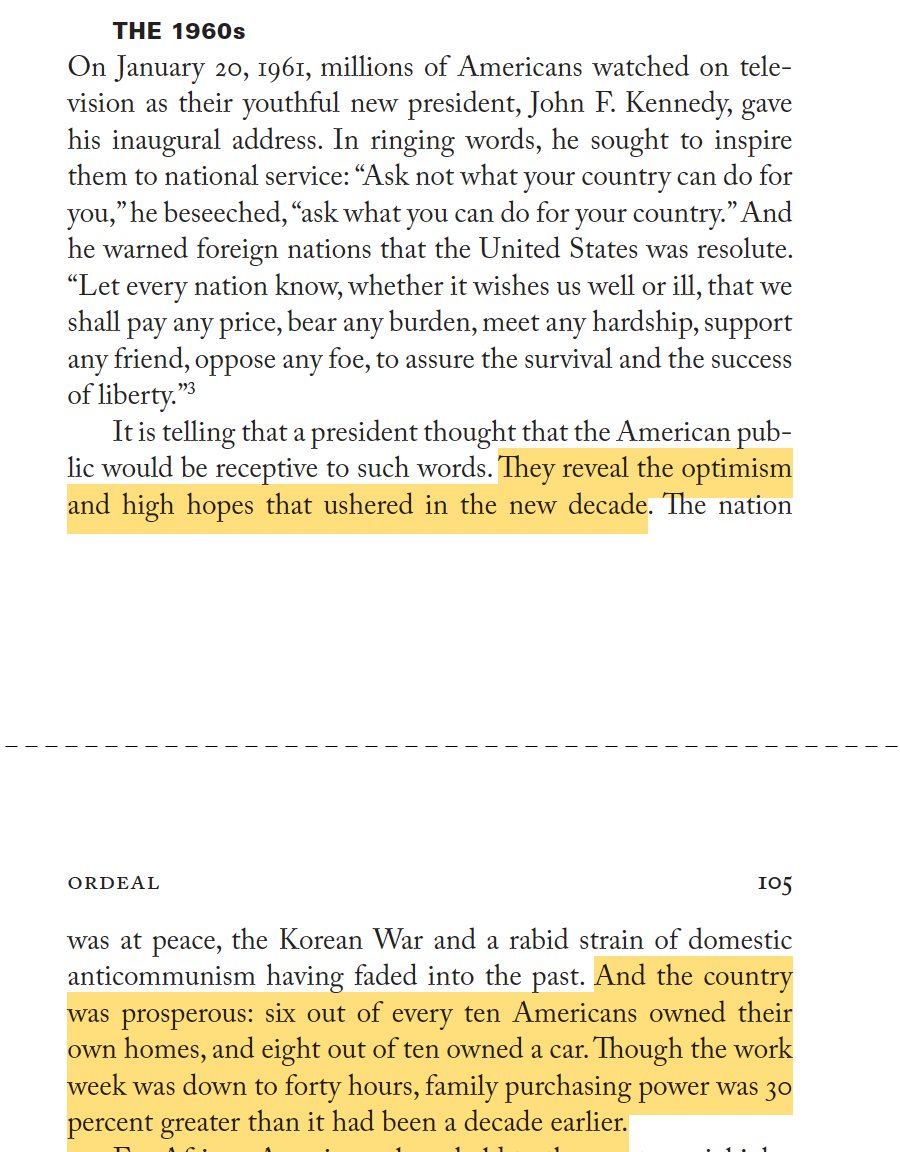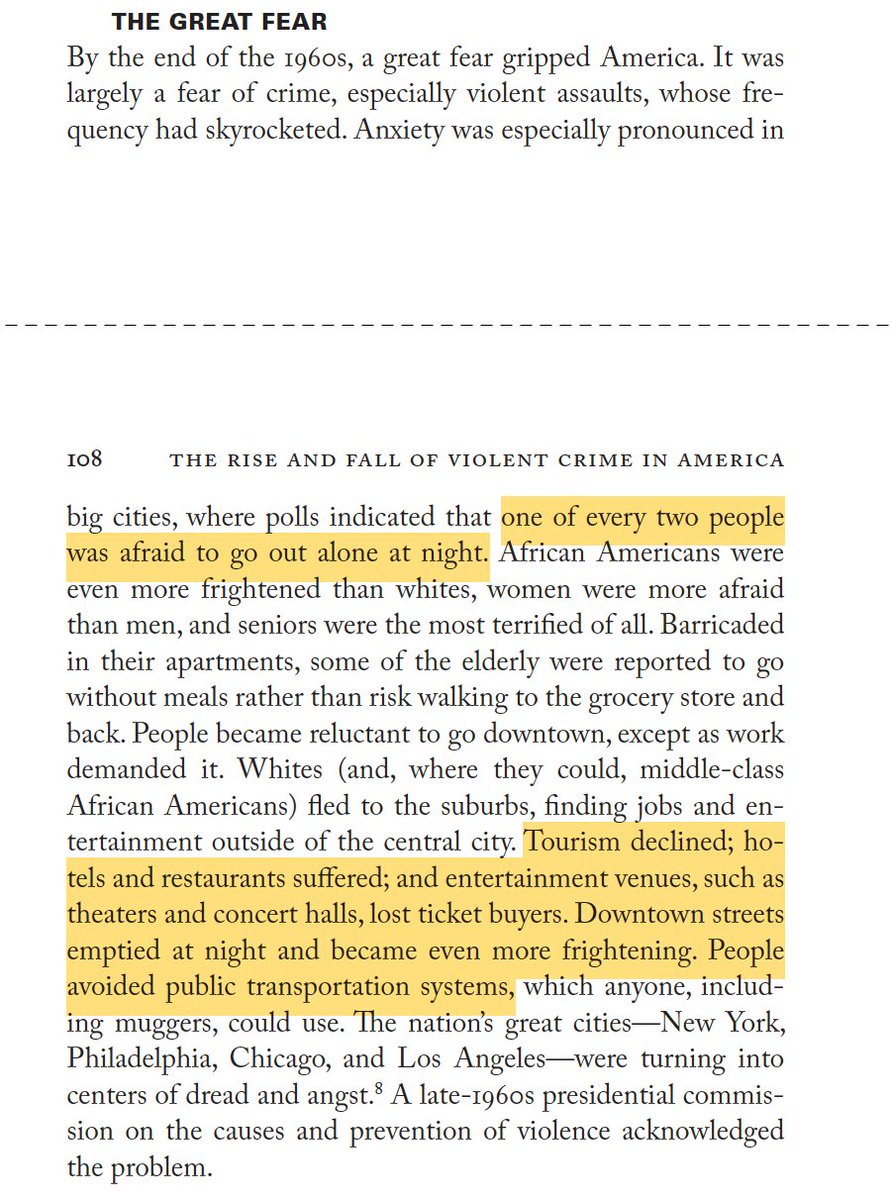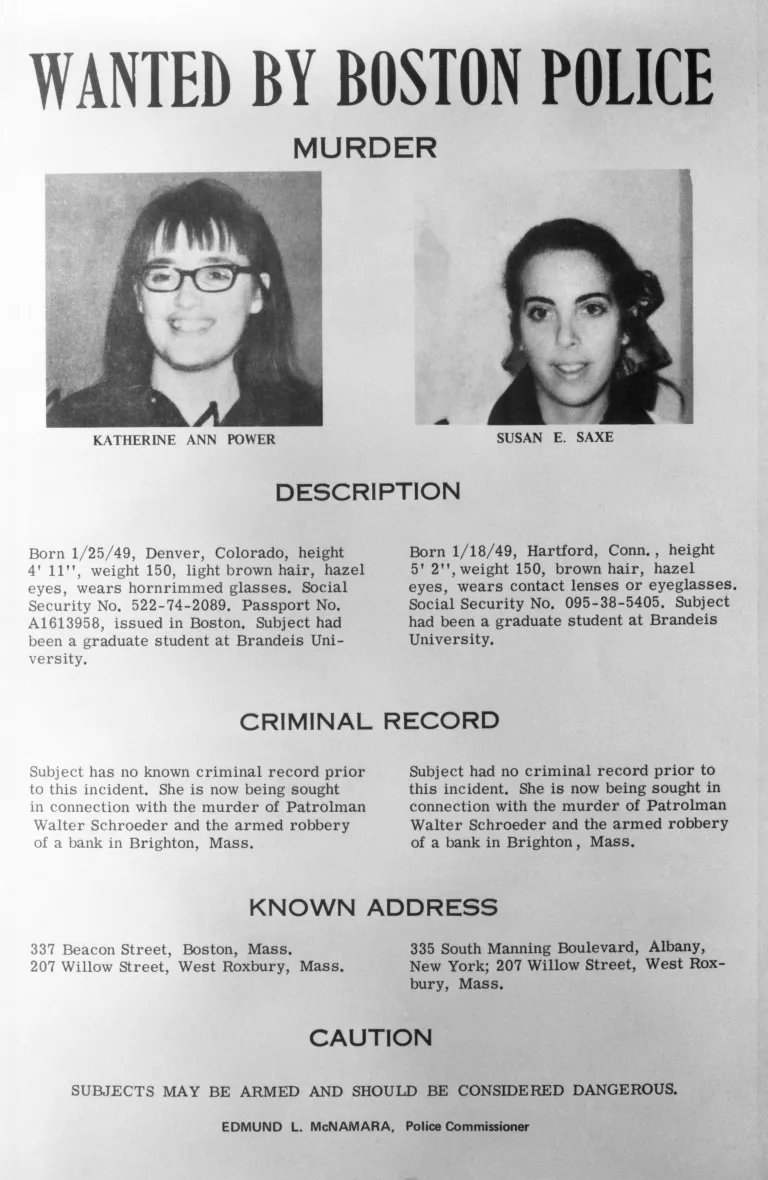That time a foreign intelligence service colluded with a presidential candidate and interfered with the U.S. election.
>No, not *that* time - The time it *actually* happened: How the UK colluded with FDR to pick the 1940 GOP nominee and undermine the America First movement.
🧵/16


>No, not *that* time - The time it *actually* happened: How the UK colluded with FDR to pick the 1940 GOP nominee and undermine the America First movement.
🧵/16


Accusations that the British were secretly manipulating the U.S. press and politicians in order to undermine the America First movement and drag America into war were dismissed as a conspiracy theory. But the conspiracy theorists were right, and it was worse than they knew.
2/16


2/16


British agents were conducting a “classic influence operation," including wire taps, fake news, and dirty tricks aimed at discrediting America First. It was extremely effective, and the biggest coup was helping to pick a pro-war GOP presidential candidate in 1940.
3/16
3/16

In 1940 Americans were still overwhelmingly in favor of staying out of the war. Yet somehow for the presidential election that year the voters were presented with a choice of two candidates, both of whom were hell-bent on dragging the U.S. into the conflict.
4/16


4/16


New to the Republican party, and never having held elective office, Willkie had no base of support among GOP voters. But no matter, Willkie had the support of powerful elites, who happened to be working closely with FDR, British intelligence, and pro-war front groups.
5/16
5/16

The married Willkie - “a notorious and practicing womanizer” - was having an affair with the New York Herald Tribune editor Irita Van Doren. This brought Willkie deep into the circles of the press, who were working closely with to British intelligence.
6/16


6/16


In the months before the convention Willkie was near the bottom of the polls, trailing the well-known isolationist Senator Robert Taft, and far behind the up-and-coming New York District Attorney Thomas Dewy. But Willkie suddenly seemed to surge in popularity.
7/16



7/16



With the help of allies in the press, Willkie seemed to move into a last-minute lead. But were the polls reliable? Gallup and other pollsters had been penetrated by British intelligence and FDR’s agents. And even the best polls at that time were biased, “advocacy polls."
8/16


8/16


When presented with a straightforward, unbiased poll question, Americans continued to be overwhelmingly opposed to entering the war – Even if this meant that Britian would be defeated.
9/16
9/16

At the convention, Willkie gained a critical advantage due to the sudden, somewhat suspicious death of a Taft-allied convention manager. Sam Pryor - a Willkie ally - took over management of the convention, and the galleries were soon packed with cheering Willkie supporters.
10/16


10/16


Willkie’s team was not above dirty tricks at the convention. Former President Hoover gave a powerful anti-intervention speech - But no one could hear it, because Pryor had sabotaged Hoover’s microphone. Later at a press conference, a drum corps arrived and drowned him out.
11/16




11/16




By hook or crook, Willkie had won the GOP nomination. He now faced a seemingly vulnerable Roosevelt: After two full terms, FDR had failed to end the depression - unemployment was still sky-high. And the public was uncomfortable with an unprecedented third term.
12/16


12/16


But now that the anti-interventionist Republicans were disposed of, Willkie’s friends in the press were free to abandon him. And Willkie's pro-intervention, me-too liberalism gave the voters no reason to support him over FDR. Willkie trailed throughout the Fall campaign.
13/16
13/16

With the help of British Intelligence, the America First movement and the anti-interventionists were sidelined. FDR was free to continue his march to war. The first peacetime conscription was enacted, and U.S. neutrality was abandoned with more military aid to Britain.
14/16
14/16

Late in the campaign, Willkie pivoted, criticizing the conscription law and accusing FDR of secretly planning to take the U.S. into the war. Willkie could not have known how accurate this accusation was. Willkie’s last-minute peace-pivot seemed to give his campaign a boost.
15/16


15/16


Willkie’s pivot seems to have spooked FDR into making what must have been the most cynical lie of his career – promising that America boys would not be sent into any foreign war. Very soon FDR would be doing everything in his power to bring America into the conflict.
/fin


/fin


• • •
Missing some Tweet in this thread? You can try to
force a refresh




